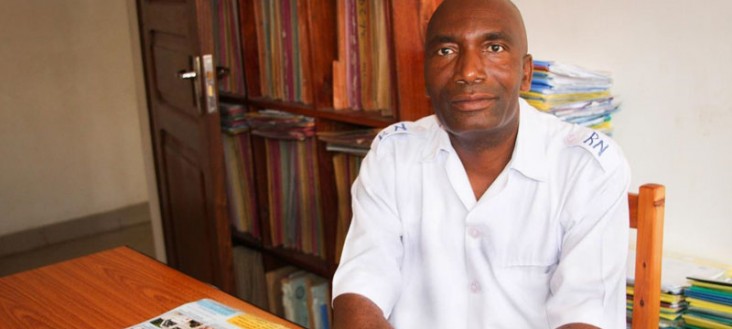- What We Do
- Agriculture and Food Security
- Democracy, Human Rights and Governance
- Economic Growth and Trade
- Education
- Ending Extreme Poverty
- Environment and Global Climate Change
- Gender Equality and Women's Empowerment
- Global Health
- Water and Sanitation
- Working in Crises and Conflict
- U.S. Global Development Lab

Causes of maternal death in the world by percentage

Note: Estimates are rounded, and therefore may not sum to 100%.
Source: Say L et al. Global causes of maternal death, 2014.
Abortion complications are responsible for 8 percent of maternal deaths. As part of the U.S. Agency for International Development’s (USAID’s) effort to end preventable maternal deaths, this project aims to expand the access of postabortion care (PAC) clients to a range of contraceptive methods, including long-acting reversible contraceptives (LARCs) and permanent methods (PMs), and to provide immediate life-saving care.
The strategic objective of the PAC-FP Award is to increase informed and voluntary use of post-abortion family planning and to expand the choice of methods available to PAC clients to include LARCs and PMs.
This will be achieved through two intermediate results:
- The building of local capacity to deliver postabortion family planning services with the inclusion of LARCs/PMs among the methods women can choose from to support future scale-up.
- The conveying of knowledge to advance access to post-abortion family planning.
Postabortion family planning will be offered to PAC clients who present to all levels of the health care system through varied settings, including basic emergency obstetric and newborn care and traditional postabortion care. As programming evidence is generated, EngenderHealth will improve organization of PAC services to facilitate on-site family planning service provision, service quality, logistics, policymaking, community and client demand and support for postabortion family planning, and gender-related and other provider/community attitudes and norms that limit service access.
In years 1-2, EngenderHealth plans to work in two countries using implementation research to demonstrate postabortion family planning models that incorporate LARCs/PMs in the method choice in a subset of already established sites. In years 3-4, they will provide technical assistance to catalyze scale-up and document the process and progress of the scale-up. Year 5 efforts will consolidate and disseminate the learning from these two countries to other countries and projects and among members of the global community.
This is a 5-year cooperative agreement from August 2014 to August 2019 and is being implemented by Engender Health.







Comment
Make a general inquiry or suggest an improvement.